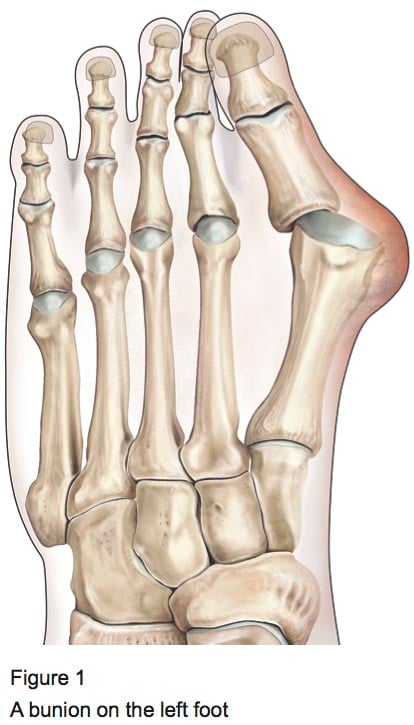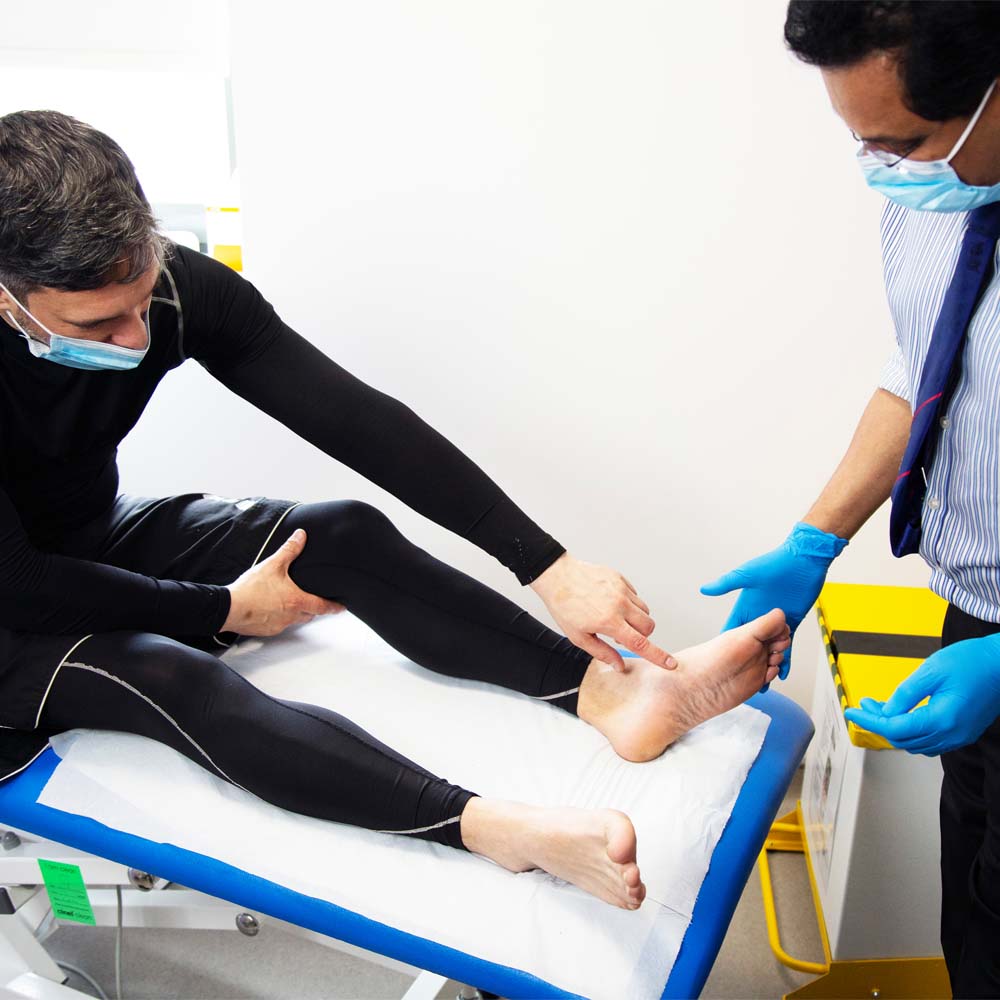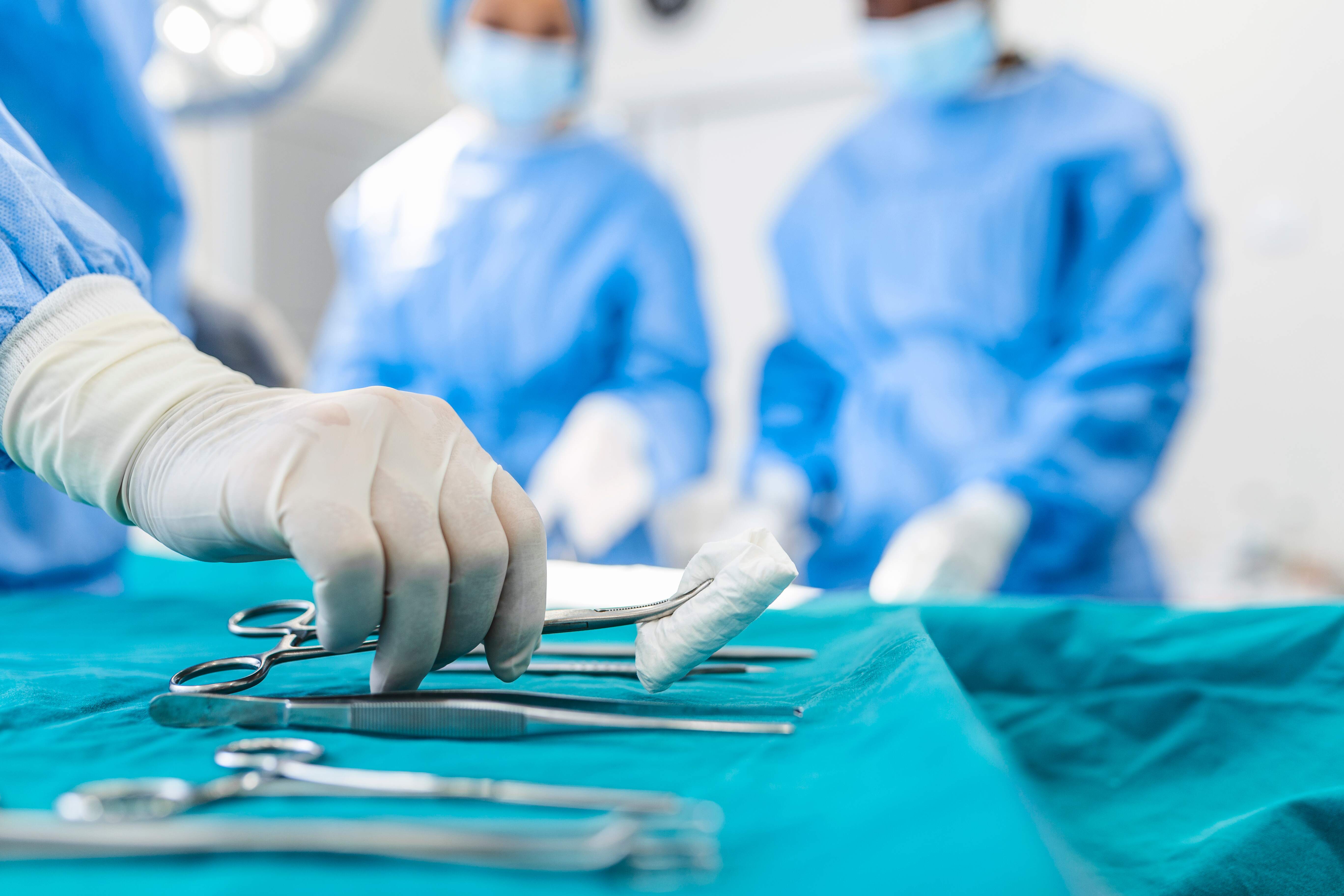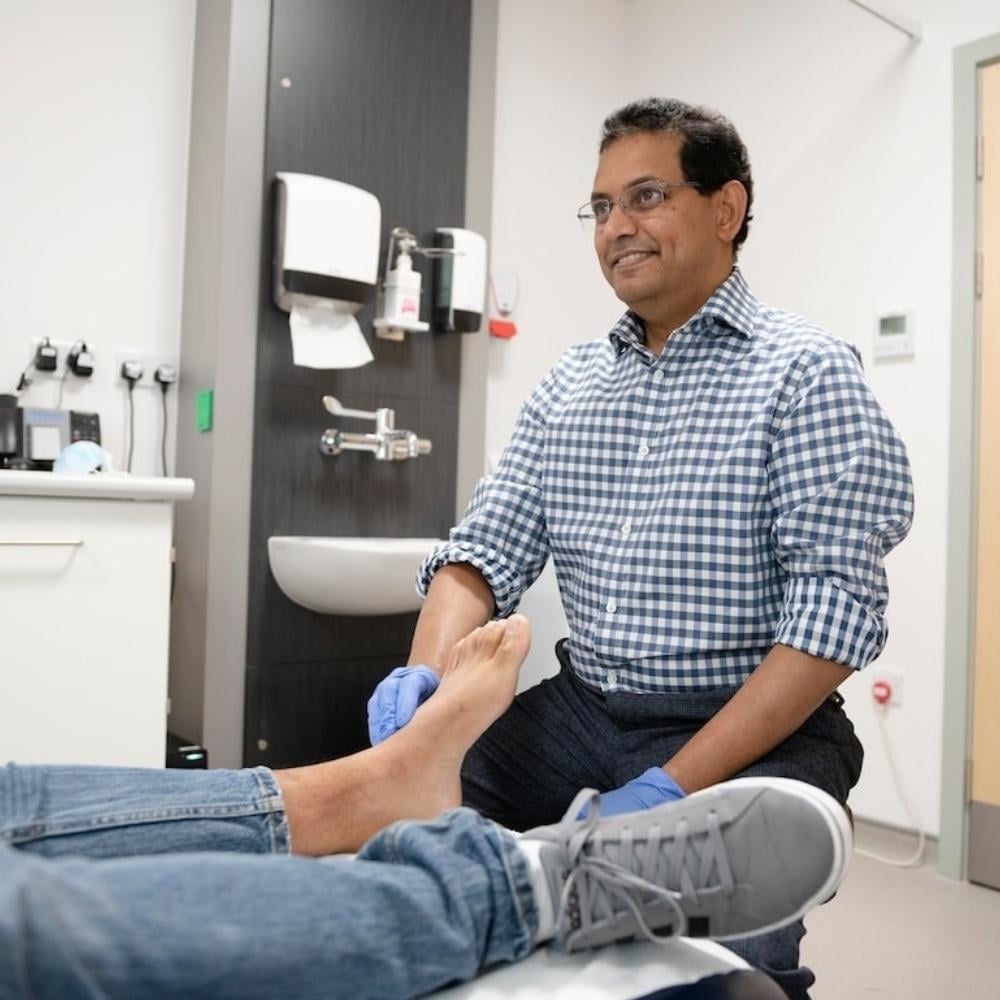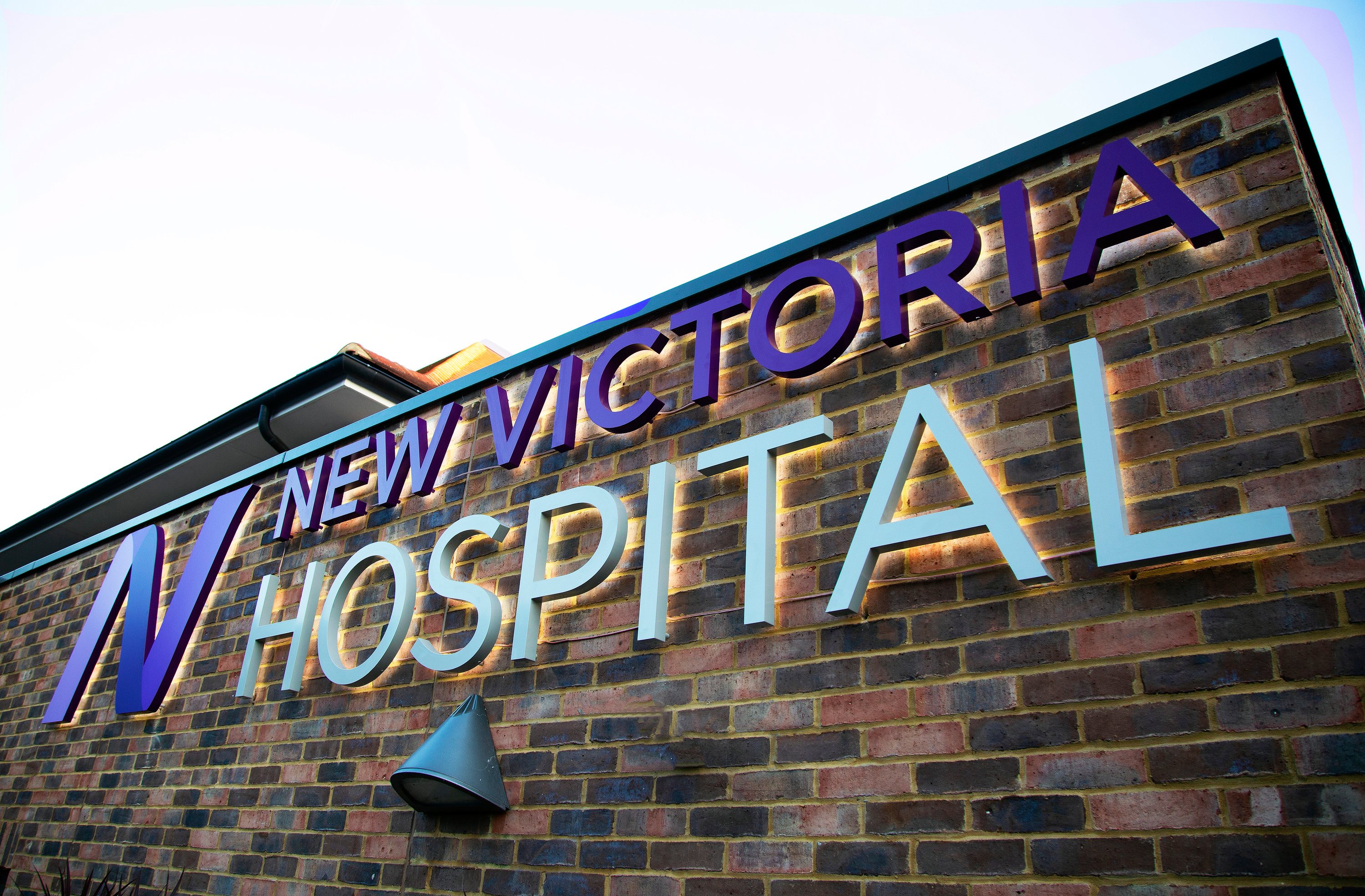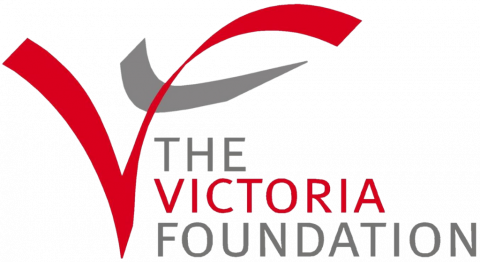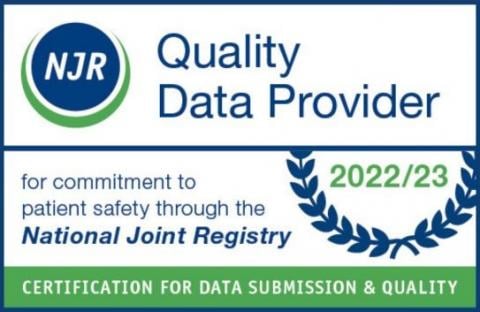Here at New Victoria Hospital, our exceptional Orthopaedic surgeons are highly experienced in carrying out Bunion Surgery. Generally, a quick and straightforward procedure, Bunion Surgery is required to alleviate the symptoms of a bunion when non-surgical treatments have been ineffective.
Consultants and Clinic Times



Mr Jonathan Larholt
BSc (Hons) FRCPodS
Specialities
Podiatric Surgery, Foot Surgery


Mr Pal. Ramesh
MBBS MCh(Orth) FRCS(Glasg.) FRCS(Orth)
Specialities
Orthopaedics, Foot & Ankle Surgery

Mr Tim Sinnett
MBBS (AICSM), MA (Cantab), FRCS (Tr & Orth)
Specialities
Orthopaedics, Foot & Ankle Surgery

Mr Mike Williamson
MSci, MPhil, MB, BChir, MRCS, FRCS (Tr+Orth)
Specialities
Orthopaedics, Foot & Ankle Surgery
